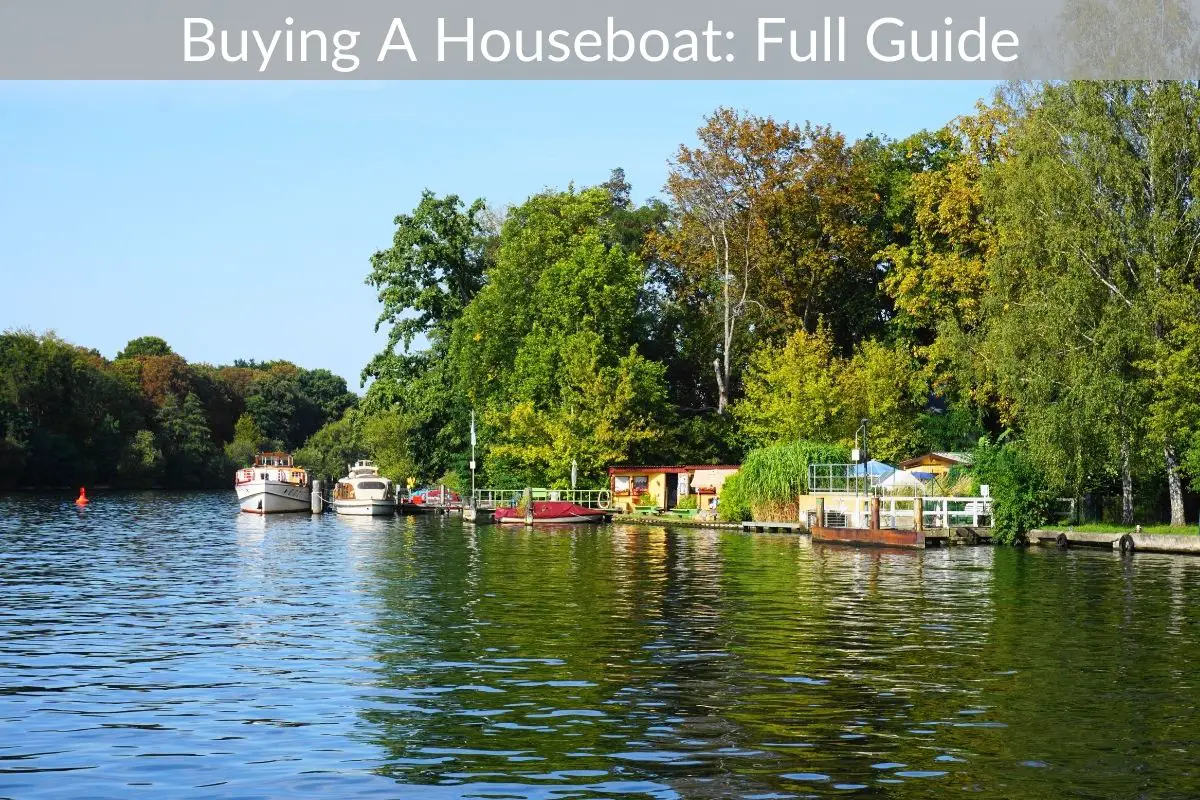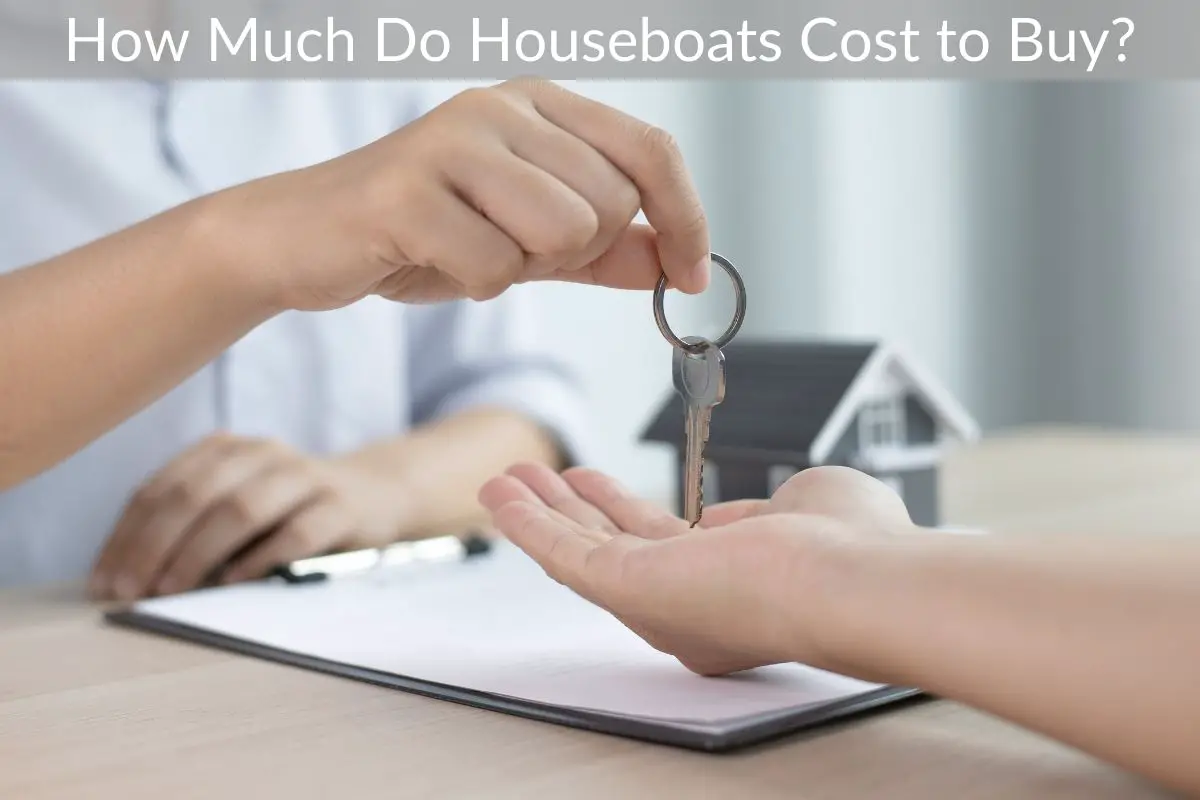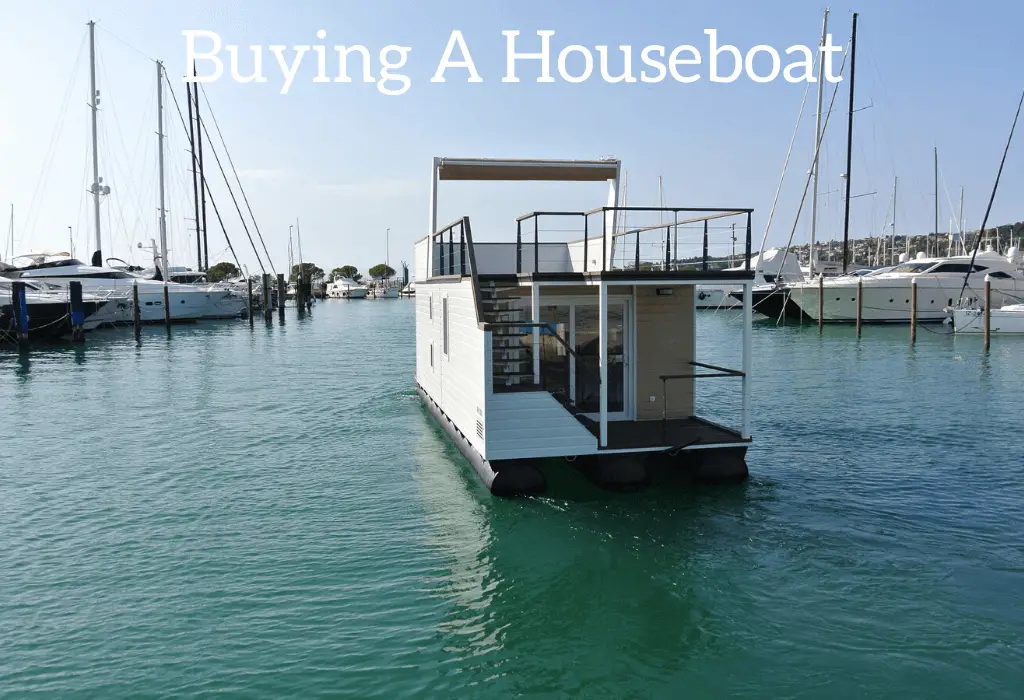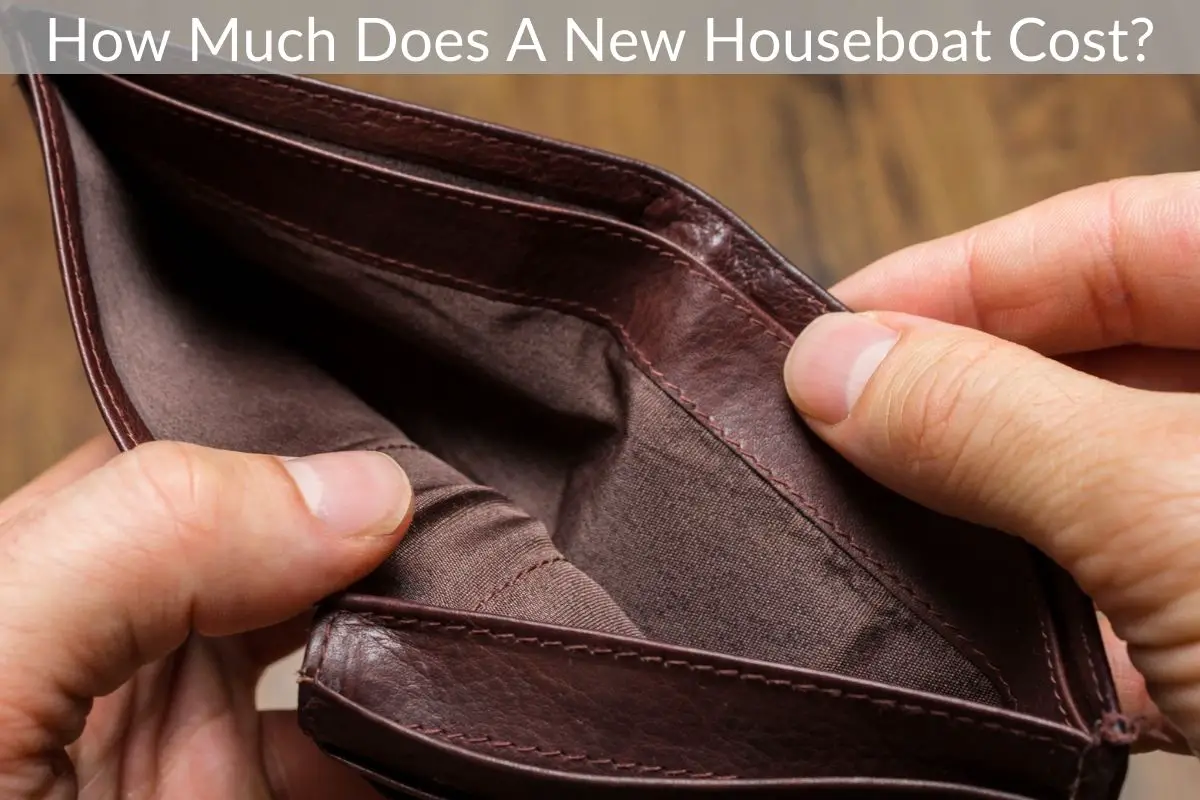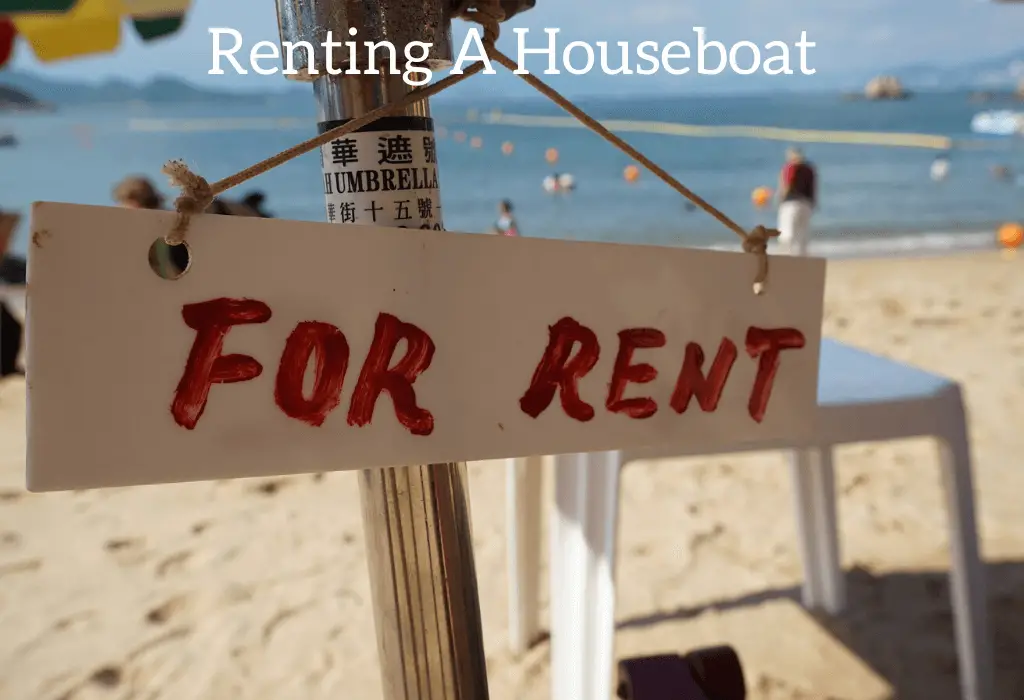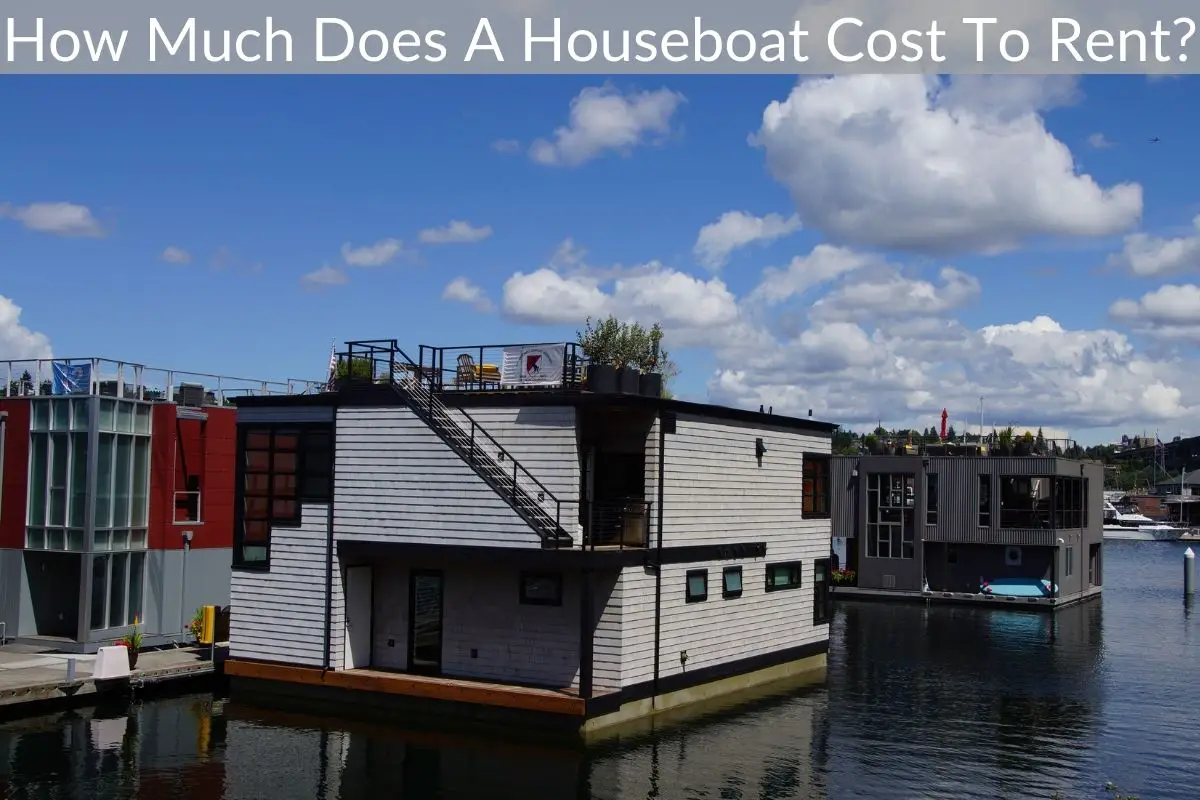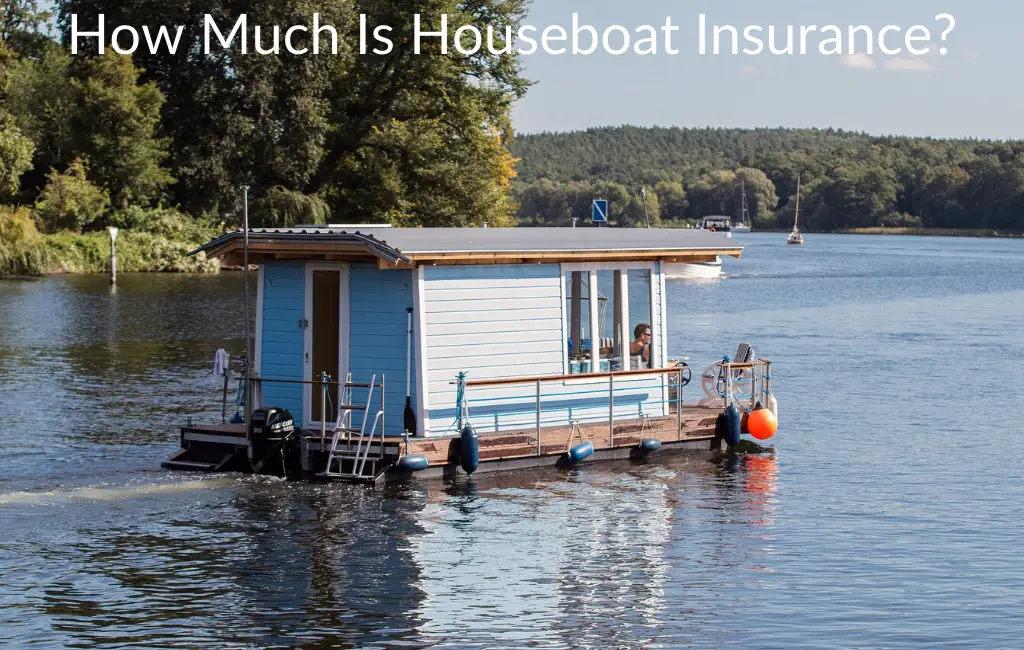If you are considering buying or leasing a boat slip, you should understand the difference between a deeded and a common area boat slip. This article will provide you with information about what a deeded boat slip is, how to find one, and what it costs.
*This post may contain affiliate links. As an Amazon Associate we earn from qualifying purchases.
A deeded boat slip means that you hold the deed to the slip and don’t just rent it from the marina. A deeded boat slip can save you money over time since you purchased it once and don’t have to pay monthly rent.
However, when looking into deeded boat slips make sure that you read all of the fine print as some marinas will still have additional fees that you have to pay for regular upkeep or cleaning of the slip even if you purchased it.
Before you make your decision, it’s important to understand the differences between deeded and common area boat slips.
Buying A Deeded Boat Slip
There are several benefits of buying a deeded boat slip. First, the ownership is transferable. Secondly, you will benefit from tax benefits, similar to those of condos. Finally, you will be protected from future appreciation because your slip will have the same value as the boat you are storing in it. A deeded slip can range in price from $22,000 to $67,000. In addition, it is a great investment.
If you regularly use your boat, a deeded boat slip may be a good choice for you. In addition to giving you easier access to your boat, buying a slip will stabilize your costs and ensure the location of your boat. However, boat slips are expensive and not always worth the money. Regardless of your personal reasons for buying a deeded boat slip, you’ll have peace of mind knowing that your slip is secure and protected from rising costs.
Dockominiums are often on public trust lands and involve issues of riparian rights. Moreover, individual slip owners may not have title to their slips, meaning the purchaser is purchasing an exclusive right to a dock space and not rights in common with others. As a result, it’s important to make sure that you understand what you’re getting into before purchasing your new dock space.
As with any real estate investment, boat owners can benefit from the mortgage interest deduction. Additionally, real estate taxes are deductible against earned income. Moreover, if you use the boat as your second home, you can claim a mortgage interest deduction for both your slip and the house. This is especially valuable for people who enjoy the boating lifestyle as a full-time job. For those who are looking to make the most out of their investment, buying a deeded boat slip might be the ideal solution for you.
You can choose to live on your boat, but you will have to pay more in monthly fees. Some marinas offer free docking, while others charge $25-$30 per foot per month. Besides paying for the dock and marina fees, you will also be avoiding taxes and utilities. If you plan on living on your boat, you should be prepared for a lot of work and investment. Whether you live on the water or dock on land, you should always invest in a solar panel or solar energy system.
Leasing A Deeded Boat Slip
Leasing a deeded boat slide is a legal option for most people, and it has several advantages over renting. The most obvious advantage is the fact that you have the use of the water, as opposed to having to worry about the costs of maintenance. It also allows you to park nearly any vehicle there.
A deeded boat slip runs with your house, so if you decide to sell your home, the boat slip is an asset that will be added to the value of your home. Another advantage is that you’re not immediately responsible for the upkeep of the dock. Also, the dock is considered real property, and you have riparian rights to the water surrounding it. Therefore, an appraiser must itemize boat docks as private property.
Leasing a deeded boat slide is a legal option, but be aware that there are some important disadvantages to this type of purchase. Firstly, you’ll pay real estate taxes and closing costs. In addition, you’ll also be paying monthly dues and assessments for capital expenses. If you’re not familiar with the process, consider asking your landlord for more information before signing any paperwork.
Secondly, leasing a deeded boat slip comes with the added benefit of security. Unlike renting, owning your own boat slip will require you to pay for real estate taxes and mortgage. You’ll also have to pay monthly maintenance fees for things like electricity, water, cable, Wi-Fi, laundry, and more. Finally, you’ll have peace of mind knowing that your boat will be protected from trespassers.
Leasing a deeded boat slide can also make it easier for you to store your dinghy or personal watercraft, since the dock box will be waterproof. You’ll also have the added benefit of a club lounge with a barbecue grill. The only downside is the cost of the slip, which is why many people prefer it over renting a deeded boat slide.
Common Area Boat Slips
There are several factors to consider when buying a boat slip. Location, weather conditions, and ease of storage are all important factors to consider. If you are looking for a new boat slip, you may want to consider a numbered one. For example, Mike Rogers paid $8,000 for a boat slip and has a unnumbered one, while Kristy Dunbar paid $20,000 for a numbered one. These considerations will help you decide which boat slip is right for you.
When purchasing a boat slip, make sure you understand the rules that apply to these properties. Some associations charge a monthly fee for a community’s amenities. Those fees are usually higher than the monthly dues for a private boat slip, but they are worth the added convenience. Some marinas require you to pay for a membership in the association, so make sure you read the association documents thoroughly. Be aware that some associations require boat slips to be purchased as part of a package deal.
Common area boat slips offer many benefits. For example, they may include a floating dock and can be used as a parking space. The boat dock itself can be shaped any way you like, but it is more secure than a floating dock. Buying a boat slip will also protect you from rising costs. For many, it is a great way to make sure your boat is secure. The boat dock may also be the primary residence for a loved one, so it is a good idea to consider buying a boat slip.
The best way to determine which type of dockominium is right for you is to compare the costs. Make sure you compare the costs of monthly dues, closing fees, title insurance, maintenance, and any special assessment fees. You can also consult an accountant or tax attorney if you need advice. The fees for dockominiums are typically higher than the costs for a private dock. Those fees should also be included in your budget.
Cost
The cost of a deeded boat slip will depend on several factors. For instance, the cost of a deeded slip will depend on the type of ownership arrangement that is in place. In Myrtle Beach, for example, the marina ownership was set up as a condominium. As such, the monthly condo fee for the marina was almost $300. Also, the marina was a part of a large condo housing complex, so the costs for special assessment were shared by marina owners. Additionally, the marina was needed to be dredged and deeded, so if an owner had bought it, he or she would have been responsible for dredging costs.
According to Joseph Kalo, Co-Director of the Coastal Resources Law, Planning and Policy Center at North Carolina State University, dockominiums are typically constructed on public trust lands and involve riparian rights. Individual slip owners cannot hold title to the slip space, so the purchaser is purchasing an exclusive right to a space that shares rights with other dockominium owners. This means that the buyer should understand what they are buying before making an offer.
In addition to dockominium fees, owners of these slips must pay real estate taxes and closing costs. Other fees, such as monthly maintenance and special assessment fees, should be considered. As with any other property purchase, it’s important to compare costs carefully. If you want to get the best deal, you should carefully examine the costs associated with the purchase. Be sure to include all expenses, including down payments, closing costs, real estate taxes, and title insurance. Also, ask your accountant or tax attorney whether you can afford to pay these fees.
While buying a boat slip, keep in mind that it will increase the value of the property. A deeded boat slip is a property-owned piece of real estate and will add substantial value to the land. In many cases, it is worth more than the boat slip itself. In some cases, a boat slip is used for business purposes. Regardless of the circumstances, however, the costs can add up quickly.

